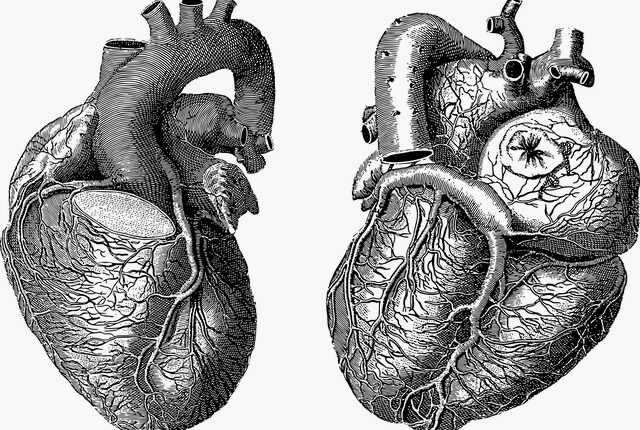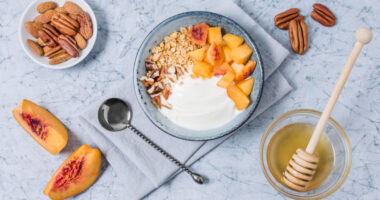High blood pressure, or hypertension, is a widespread health concern that can lead to serious complications such as heart disease, stroke, and kidney damage if left uncontrolled. While medication and lifestyle changes are key to managing hypertension, certain foods have been scientifically studied and shown to have blood pressure-lowering effects. In this article, we’ll delve into these foods, exploring their nutritional benefits and how they can contribute to better blood pressure management.
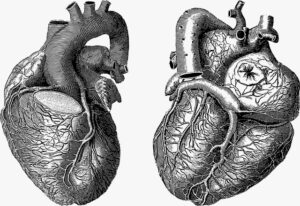
1. Leafy Green Vegetables:
Spinach, kale, and Swiss chard are potassium-rich leafy greens that help balance sodium levels in the body. Potassium promotes blood vessel dilation and reduces the risk of high blood pressure. Incorporate leafy greens into salads, soups, and smoothies for a potassium-packed boost.
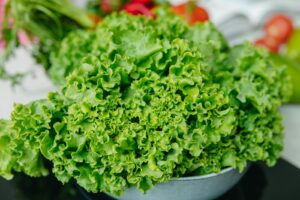
2. Berries:
Berries such as blueberries, strawberries, and raspberries are packed with antioxidants called flavonoids, which have been linked to lower blood pressure levels. Regular consumption of berries, either fresh or frozen, can support cardiovascular health and reduce hypertension risk.
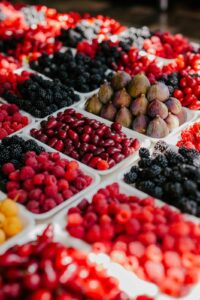
3. Oats and Whole Grains:
Whole grains like oats, brown rice, quinoa, and whole wheat products are high in fibre, particularly soluble fibre, which can help lower blood pressure by improving cholesterol levels and promoting satiety. Start your day with a bowl of oatmeal topped with berries for a heart-healthy breakfast.
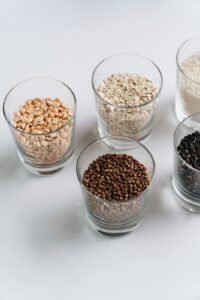
4. Fatty Fish:
Fatty fish such as salmon, mackerel, and sardines are abundant in omega-3 fatty acids, which have anti-inflammatory properties and can lower blood pressure, reduce triglyceride levels, and protect against heart disease. It is recommended to incorporate fatty fish into your diet at least twice a week.

5. Nuts and Seeds:
Nuts like almonds, walnuts, and seeds such as flaxseeds and chia seeds are excellent sources of heart-healthy fats, magnesium, potassium, and fibre. These nutrients contribute to blood pressure regulation and overall cardiovascular health. Snack on a handful of mixed nuts or sprinkle seeds over salads and yoghurt.
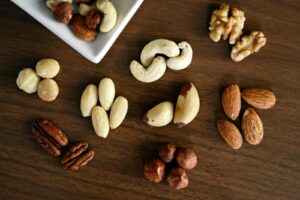
6. Legumes:
Legumes such as lentils, chickpeas, and black beans are rich in protein, fibre, and minerals like potassium and magnesium. Regular consumption of legumes has been associated with lower blood pressure levels and reduced cardiovascular risk. Incorporate legumes into soups, salads, and main dishes for added nutrition.

7. Low-Fat Dairy Products:
Low-fat or fat-free dairy products like milk, yoghurt, and cheese are excellent sources of calcium and vitamin D, which are important for bone health and may also play a role in blood pressure regulation. Choose low-fat dairy options as part of a balanced diet.

8. Garlic:
Garlic contains compounds like allicin and sulphur compounds that have been shown to have blood pressure-lowering effects. Incorporate fresh garlic into your cooking or try garlic supplements (after consulting with a healthcare professional) to reap its potential benefits for hypertension management.
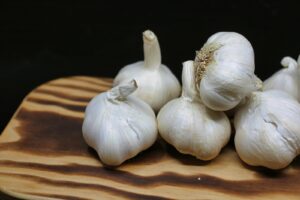
9. Beetroot:
Beetroot and beetroot juice are rich in nitrates, which can help dilate blood vessels, improve blood flow, and lower blood pressure. Consuming beetroot regularly, whether raw, cooked, or juiced, may contribute to better blood pressure control.

10. Dark Chocolate:
Dark chocolate with a high cocoa content (70% or more) contains flavonoids called flavanols, which have vasodilatory effects and can help lower blood pressure. Enjoy a small piece of dark chocolate as an occasional treat while ensuring it is part of a balanced diet.

Incorporating these scientifically proven foods into your diet can be a valuable step towards controlling high blood pressure and promoting overall cardiovascular health. However, it’s essential to remember that dietary changes should complement other lifestyle modifications, such as regular physical activity, stress management, and maintaining a healthy weight, as part of a comprehensive approach to hypertension management. Consult with a healthcare professional or registered dietitian for personalised dietary recommendations tailored to your individual health needs and preferences.
